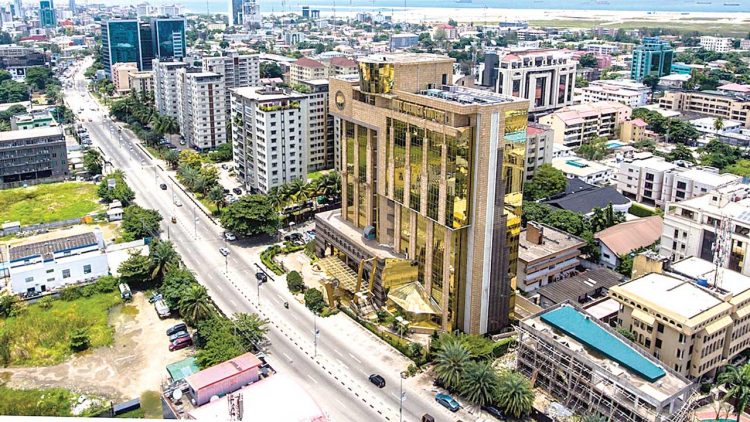- by Williams O.
- Jul 12, 2025
Real Estate Investing in Nigeria - What You Can Afford Now

- By Williams O.
- • Sat, Jul 12 2025
- • in Where to Invest

Whenever we hear “real estate,” the mind jumps to big money. Duplexes in Maitama. Hotels in Lekki. Fenced plots in Gwarinpa with two security men.
You don’t have to own a mansion to be a real estate investor. You just need vision.
Amina R., Abuja based realtor
But here’s the truth:
Real estate investing is not only for the wealthy.
You don’t have to wait until you blow to start.
You can begin with what you have, as long as you know where to look and how to move smart.
This guide is for the everyday Nigerian who wants to get into property, not to show off, but to build stability and grow wealth quietly.
1. Understand What You’re Really Buying
Real estate isn’t just buildings.
Sometimes, it’s bare land in a promising area.
Sometimes, it’s a room and parlour apartment you can rent out.
Sometimes, it’s a share in a housing project, not a whole unit.
When you stop thinking “house,” and start thinking “asset,” your options grow.
2. Land Banking - The Quiet Entry Point
If you have between ₦300,000 and ₦1 million, you can buy undeveloped plots in the suburbs of cities like Abuja, Ibadan, Benin, or Port Harcourt.
These are areas where:
New roads are being constructed
Population is slowly moving in
Government or private estates are emerging
Abuja suburbs to watch:
Kuje
Gwagwalada
Karshi
Bwari
Kwali
Hold for 2 to 5 years, and that “bush” turns into something buyers and developers want.
3. Housing Cooperatives - Strength in Numbers
If you can’t afford land on your own, cooperative housing is another way in.
You join a group, usually through your workplace, religious group, or an investment club that pulls money together to buy land or build homes at bulk cost.
Benefits:
Discounted prices
Flexible payment over time
Shared legal processing
Make sure the cooperative is registered and transparent. Always review documentation before committing.
4. Short-let or Mini-Apartment Investment
If you live in a high-traffic city and have about ₦2 million or more, consider short-let partnerships.
You don’t have to own a whole apartment. You can:
Lease one
Renovate it
List it on platforms like Airbnb or rent directly to corporate clients
If handled well, short-lets generate consistent cash flow, especially during holiday or event seasons.
5. What to Look Out for Before You Pay
Even with small land investments, don’t rush. Do your checks:
Is the land titled? Know the difference between allocation, C of O, and power of attorney
Is the agent licensed? If it’s too cheap or too fast, something is off
Visit the site. See the road. Feel the ground. Talk to locals
Get a lawyer, even for “small” land. It’ll save you from years of trouble
6. Start With What You Can Maintain
Some people buy land and forget about it, no fence, no signboard, no monitoring.
That’s risky in Nigeria.
If you’re starting small:
Fence your land, even if it’s just wooden pegs
Visit occasionally
Keep your papers safe and secure
Register the land with your local development authority if possible
A forgotten plot is easy to grab.
Final Words
You don’t need millions to start investing in property.
You just need to start with what you have, with wisdom and courage.
Land will not shout like bitcoin. It will not go viral on Instagram.
But land is patient. Land grows quietly.
And one day, you’ll look back at that small piece of earth you bought and realize, that was your seed.
And it grew into freedom.



